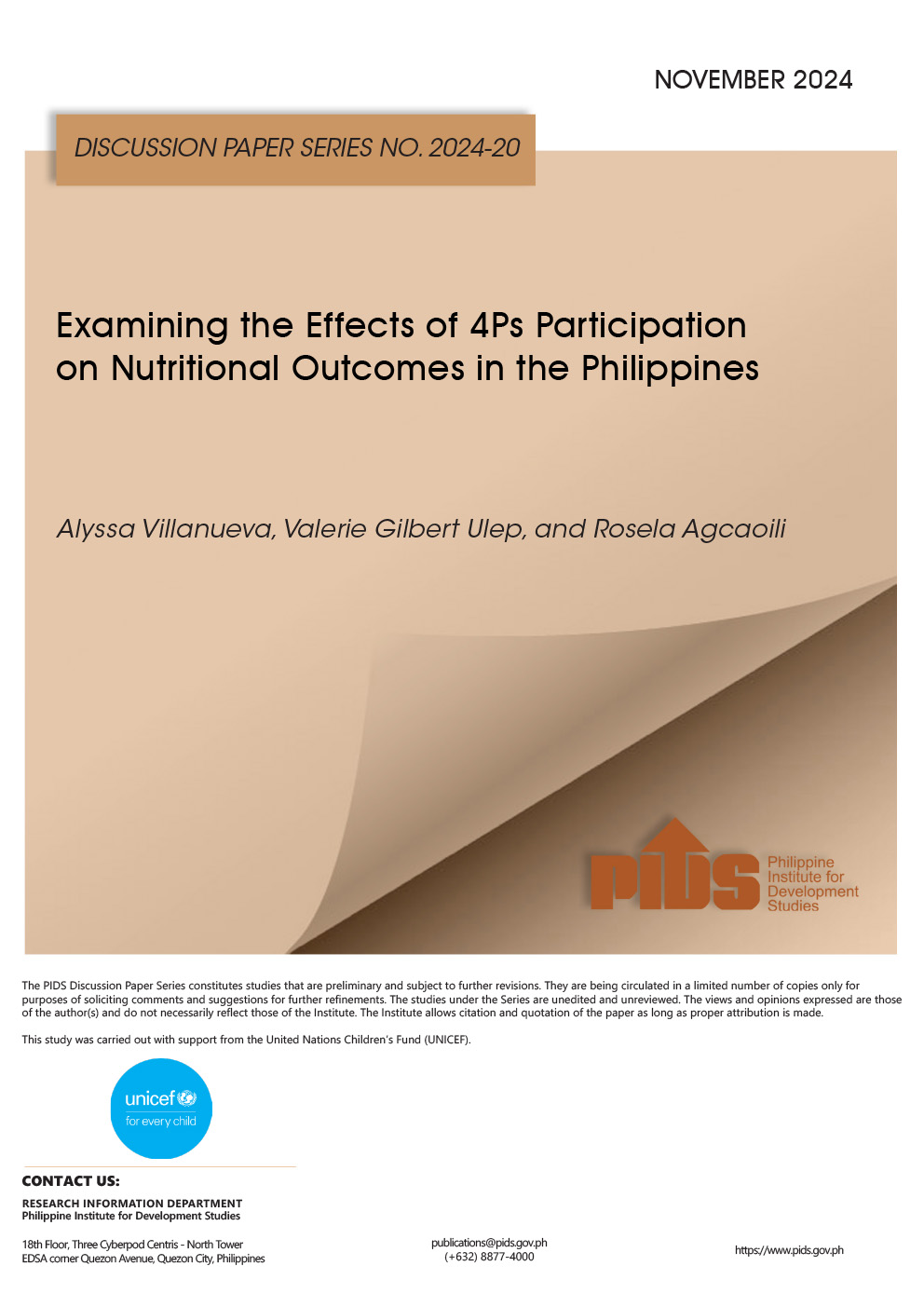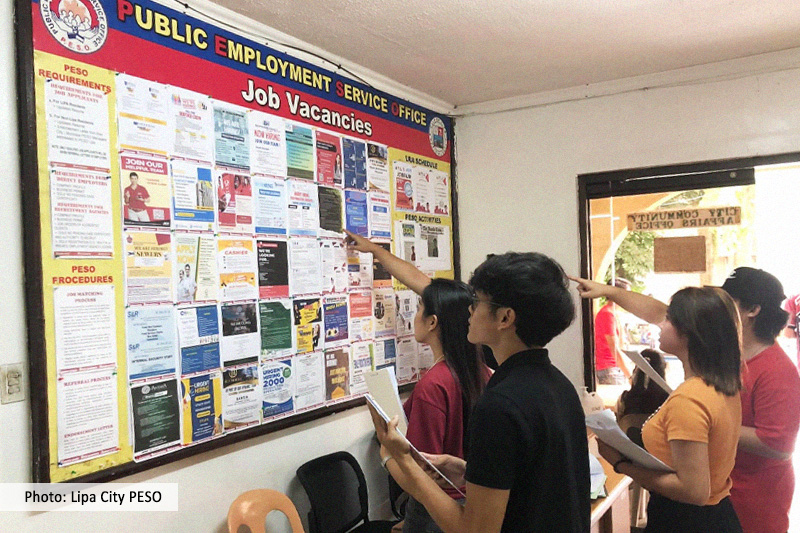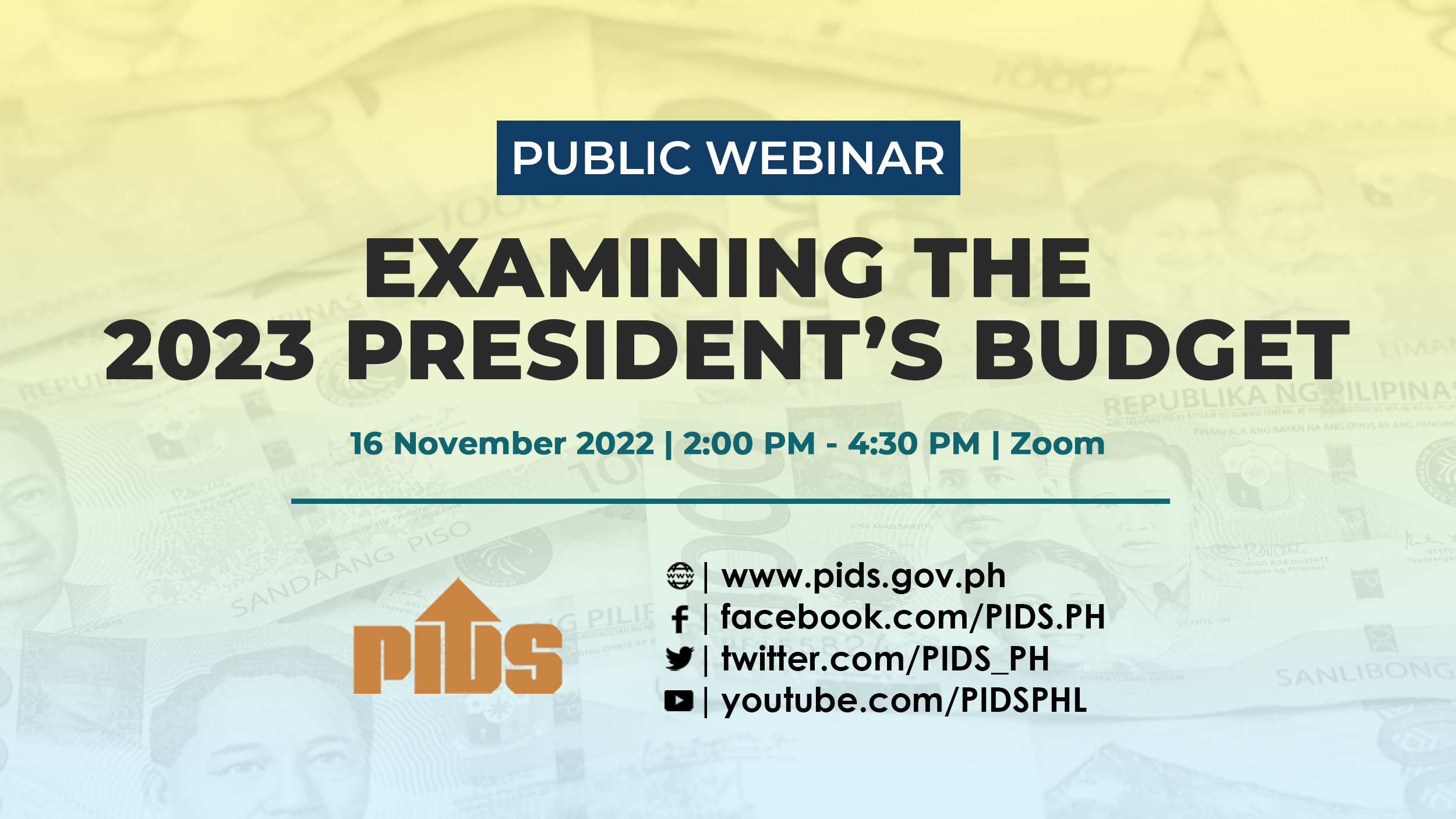MORE FUNDS have been allotted to pay for administrative costs of a government cash transfer program, the Department of Social Welfare and Development (DSWD) said on Monday.
Overhead costs in the Pantawid Pamilyang Pilipino Program (4Ps) have risen to 11% -- or P8.58 billion -- of its P78-billion total budget for 2015 since it will also pay for a study that will assess its impact, DSWD Secretary Corazon "Dinky” J. Soliman said during a Senate finance subcommittee hearing.
The figure is higher than the P5 billion or 8% set during the previous year’s P62.6-billion budget.
The rise in overhead costs are part of the "third wave” of the impact evaluation assessment. This would be conducted by a technical working group also composed of representatives from the World Bank (WB), Asian Development Bank (ADB), and the Philippine Institute for Development Studies (PIDS), as well as the Social Weather Stations (SWS).
The study costs were "quite high” because there were 9,000 respondents, Ms. Soliman said during the hearing on Monday. She also said it was within the "normal” range.
Senate President Pro-Tempore Ralph G. Recto questioned the size of the administrative costs, especially since more employees would need to be allotted funds once they were approved by the Department of Budget and Management (DBM).
The allocation for personnel services was also high because there is one municipal officer assigned for every 800 families enrolled under the program, said Ms. Soliman. The program currently has 4.4 million beneficiary families, with children aged 3-18.
The increase in overhead costs to P8.58 billion in 2015 from P5 billion the previous year will also cover salaries of employees -- including contractuals -- who will "facilitate family development sessions and manage special cases” that local DSWD offices would be unable to perform, Ms. Soliman said.
This was to ensure the families are "really monitored and are provided the information and cash grants in a manner that we are sure would help,” she added.
A suggestion by Mr. Recto to devolve the manpower needs to the local government units (LGUs) would only work if they were "ready to absorb the cost,” Ms. Soliman said.
Ms. Soliman also said that the House of Representatives had been hesitant to allocate the funds to the LGUs anyway.
"Some of your colleagues in the House do not agree. They believe it should be a national government program,” she said. "We want to see the day it’s the LGU who are the primary implentators.”
Although the funds for conditional cash transfer (CCT) has ballooned from its initial allotment of P21 billion in 2011 (with 2.3 million families covered), Ms. Soliman said the budget for 2016 should be similar with this year’s, before tapering off in the succeeding years.
25,000 households would be graduated from the program by 2015, after the last of beneficiary children finish high school.
As of date, 51% of the CCT program’s P62.6-billion budget had been disbursed. Ms. Soliman explained that the amounts are released to beneficiary families during the first week of every fourth month.
The DSWD, she explained, would have to observe the families’ compliance with conditions set by the program (such as sending children to school and clinics regularly), before encoding the payroll at the national level. Hence, the last of CCT releases for the year may be issued on January. --











